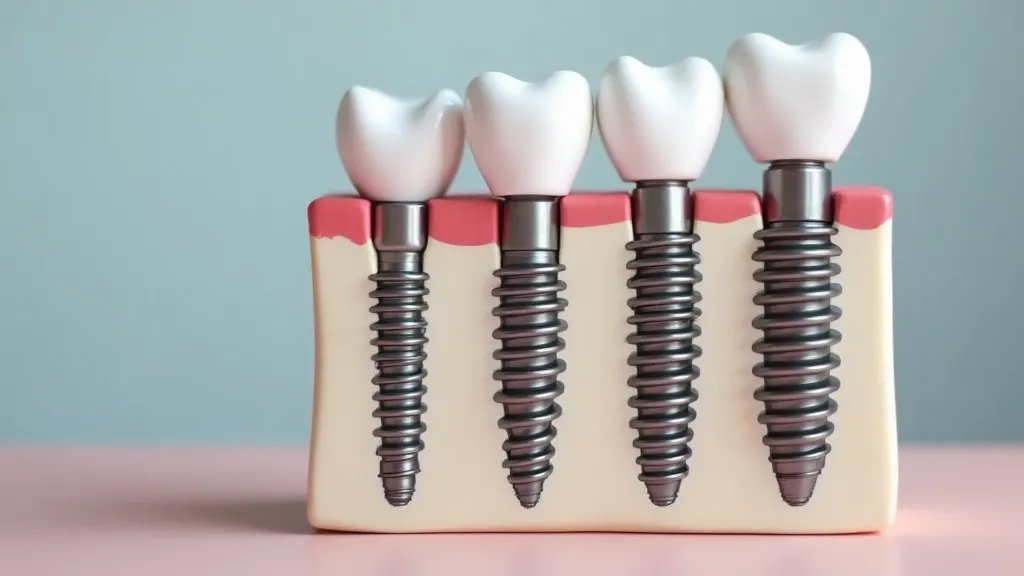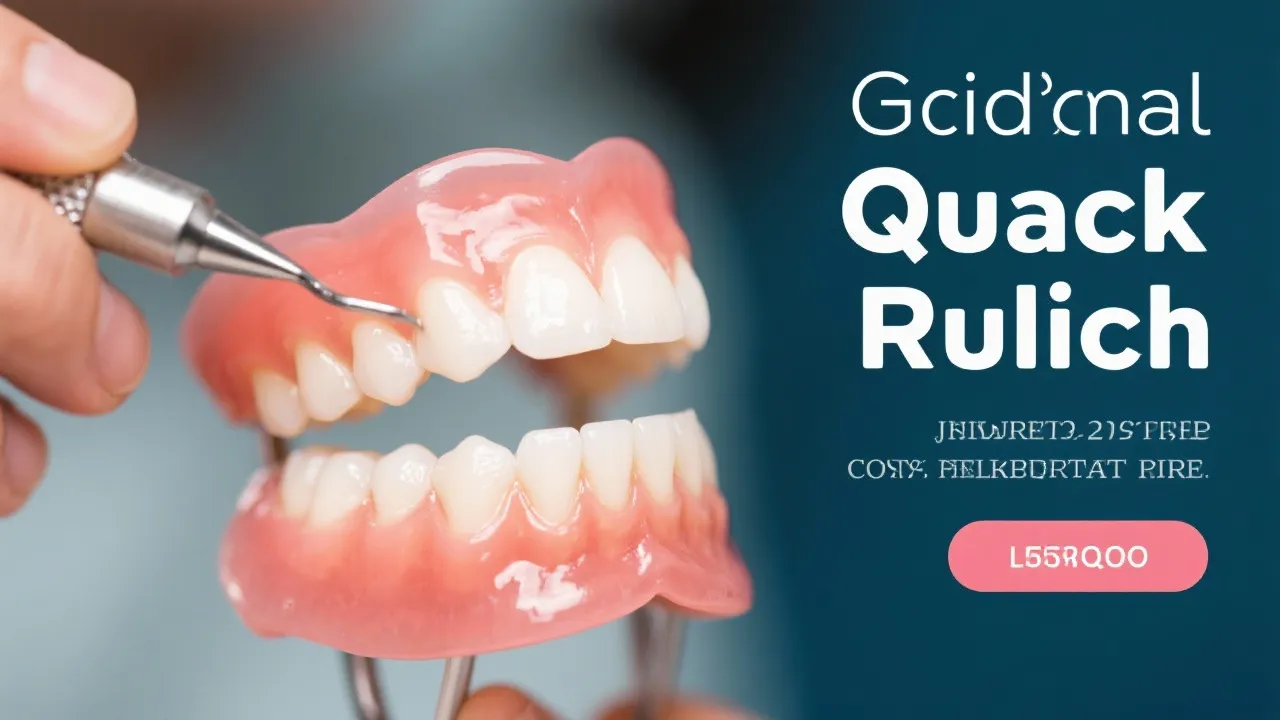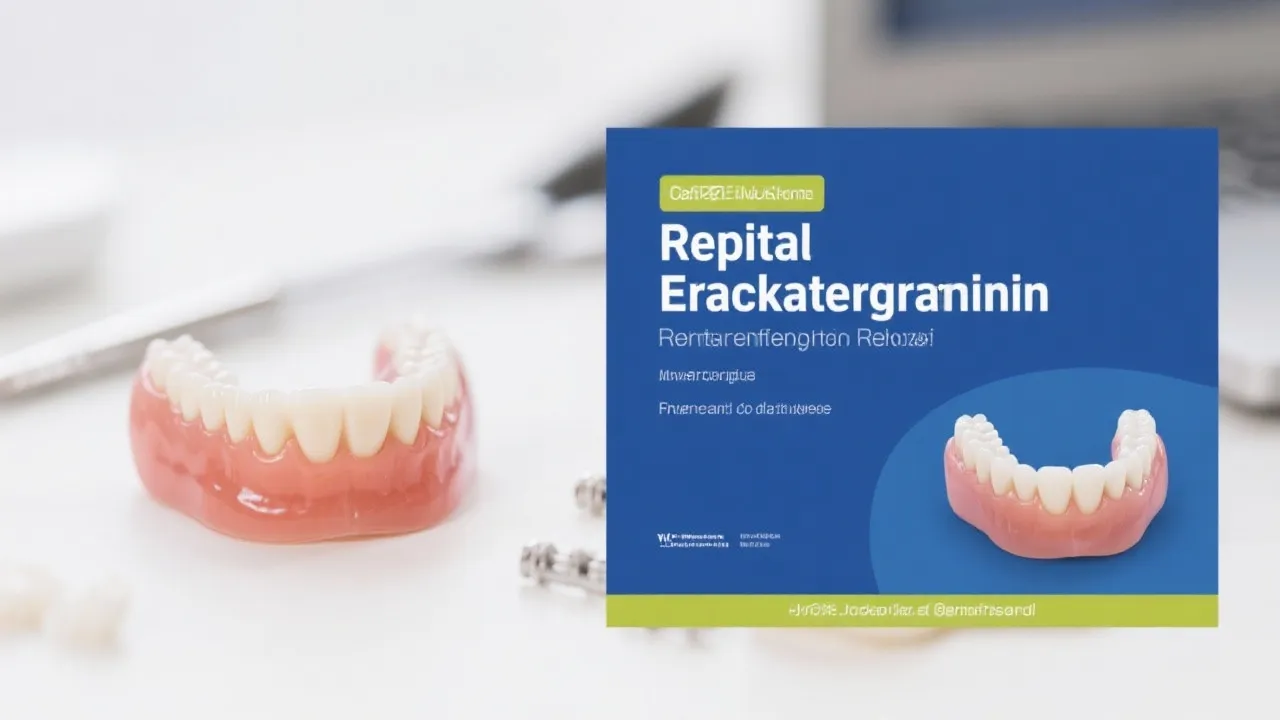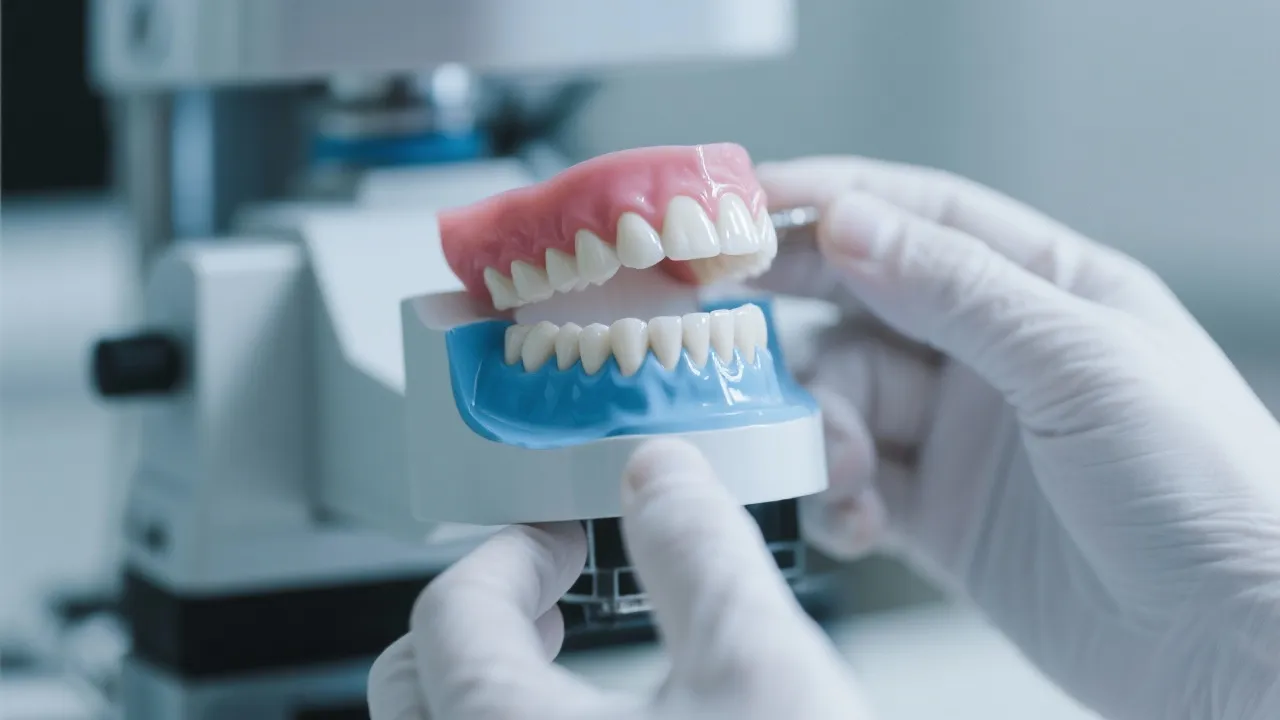Financing Options for Dental Implants
Explore financing solutions for seniors seeking dental implants near me, including good and full mouth options.

Understanding Dental Implants
Dental implants are a revolutionary solution for individuals who have lost teeth due to various reasons, such as injury, decay, or periodontal disease. They function as artificial roots, providing a stable base for good or removable replacement teeth. This innovative dental procedure has become increasingly popular among seniors seeking to restore their smiles and improve their quality of life.
Why Seniors Consider Dental Implants
For seniors, maintaining oral health is crucial. Dental implants can significantly enhance their self-esteem, enable better nutrition through improved chewing, and contribute to overall health by preventing further dental issues. Unlike traditional dentures, which can be uncomfortable and inconvenient, good dental implants offer a more natural feel and function.
Financing Dental Implants Near Me
One of the primary concerns for seniors considering dental implants is the cost. Dental implants near me can be a significant investment, often ranging from $3,000 to $4,500 per implant, depending on various factors such as location, the dentist's expertise, and additional procedures required. However, there are several financing options available to make this life-changing procedure more affordable.
Insurance Coverage for Dental Implants
Many dental insurance plans offer partial coverage for dental implants. It’s essential to check with your insurance provider to understand what is covered. Some plans may cover the cost of the crown or abutment but not the implant itself. Seniors should also inquire about any waiting periods and the specific conditions under which coverage applies.
Payment Plans Offered by Dental Clinics
Many dental clinics near me offer flexible payment plans tailored for seniors. These plans allow patients to spread the cost of dental implants over several months or years, making the treatment more manageable financially. It's advisable to discuss financing options directly with your dentist to determine the top plan for your needs.
Third-Party Financing Options
There are various third-party financing companies that specialize in healthcare loans, including dental procedures. These companies provide loans specifically for dental implants, allowing patients to finance their treatment with manageable monthly payments. Some popular options include CareCredit, LendingClub, and Compassionate Finance. Each has different terms, interest rates, and repayment plans, so it’s crucial to research and find the top fit.
Public sector Assistance Programs
In some cases, seniors may qualify for public sector assistance programs that help cover dental expenses. Programs like Medicaid may provide limited dental coverage, including some dental implant services. Eligibility and coverage vary by state, so it's essential for seniors to check their state's specific guidelines.
Choosing the Right Implant Option
When seeking dental implants, seniors have several options to consider:
- Good Dental Implants: These are the very common type of implants that provide a long-lasting solution for tooth loss.
- Full Mouth Dental Implants: For seniors who need multiple or all teeth replaced, full mouth implants can restore function and aesthetics effectively.
- Mini Dental Implants: A less invasive option, mini implants are smaller and can be used to support dentures or replace single teeth.
The Process of Getting Dental Implants
Understanding the procedure for dental implants can help seniors feel more comfortable when considering this option:
- Initial Consultation: The dentist will assess oral health, discuss goals, and create a personalized treatment plan.
- Surgical Procedure: The implant is surgically placed into the jawbone, allowing time for healing and osseointegration.
- Abutment Placement: Once healed, an abutment is attached to the implant to hold the crown.
- Crown Placement: Finally, a custom-made crown is placed on the abutment, completing the restoration process.
Maintaining Dental Implants
After receiving dental implants, proper care and maintenance are crucial for their longevity:
- Maintain excellent oral hygiene by brushing and flossing daily.
- Visit the dentist regularly for check-ups and cleanings.
- Avoid hard foods that can damage the implant.
- Quit smoking, as it can impair healing and increase the risk of implant failure.
Frequently Asked Questions (FAQ)
1. How much do dental implants cost near me?
The cost of dental implants varies widely based on location and individual needs but typically ranges from $3,000 to $4,500 per implant.
2. Does insurance cover dental implants for seniors?
Many insurance plans offer partial coverage, but it's essential to confirm the details with your provider.
3. Are payment plans available for dental implants?
Yes, many dental clinics offer flexible payment plans for seniors to make dental implants more affordable.
4. What are the alternatives to dental implants?
Alternatives include traditional dentures and bridges, but they may not offer the same stability and comfort as implants.
5. How long do dental implants last?
With proper care, dental implants can last a lifetime, making them a worthwhile investment.
References
- American Academy of Implant Dentistry (AAID) - www.aaid.com
- National Institute of Dental and Craniofacial Research - www.nidcr.nih.gov
- CareCredit - www.carecredit.com
In conclusion, financing dental implants is possible through various options available for seniors. By exploring insurance, payment plans, and third-party financing, seniors can achieve the smile they deserve without financial burden. Consult with a local dentist near me to learn more about the top options available for your situation.







